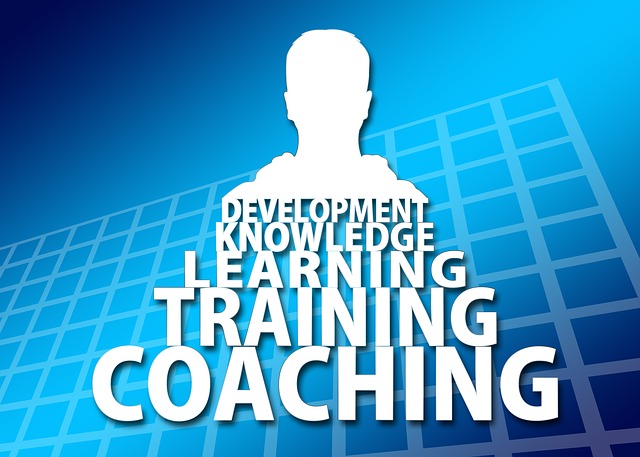Nowadays, executive coaching is becoming more popular among business managers and C-Level executives. It is because executive coaching offers three levels of learning which consist of solutions based on business tactical problems, developing leadership qualities and new ways of thinking, problem solving and acting. Executive coaching is becoming more important and more and more students are trying to learn how to become a life coach, as it is becoming a more successful career option compared to business management and it also gives you a chance to change something for the better. However, in order to fully understand about executive coaching or life coaching, it is first important to generalize their roles and types, and in what situations and roles they matter most.
It is prudent to first accept that you are:
- Learning to learn
- Developing skills and habits of self-reflection
- Making sure that your learning and coaching continues even after the end of training
It is also important and, sometimes, overlooked that the objective of your training is to avoid long-term dependence your audience, or to teach them that habits of learning and self-reflection that can last a lifetime so that they can evolve during their course of learning and during their career transitions.
A Perception on Executive Coaching
All forms of either life or executive coaching have gained popularity in recent years. It is now important for both students, teachers, business leaders and managers to distinguish and define different ways for leaders and organizations to know what is being bought and delivered. For example, like all forms of leadership coaching has been integrated into the world of business, government and the non-governmental world. Profits have become more than just a commodity, which makes the distinction of life and executive coaching and its types difficult. Since different forms of coaching are offered, the order of its form is full in terms of its effective for teaching, learning and the problems posed by the leader and the organization. Executive coaching can be of many approaches to coaching and coaching. The tactics of learning should be delivered properly to the audience in order to determine its effectiveness in learning and training.
Over time, the obligation to train executives can be influenced in many aspects of executive performance, leadership style, career or personal life problems. However, there are two factors that differentiate coaching leaders from these other types:
- To be more effective at the system level, there must always be an association between the executive.
- How the trainer communicates with the audience and its organization type.
- The individual objectives of an executive coach role should always be related with the organization and supporting strategic organizational objectives.
Different Types of Popular Coaching and their Types
Career Counseling, Training and Coaching
The career coach helps people to recognize what they want and need from their respective careers so that they are able to make good career choices and decisions and follow the necessary steps to achieve their professional goals. They may also learn to balance with career jobs with other parts of their life.
Training Group Sessions
Group coaches work with individuals in a particular group. Their approach may differ from the coaching guidance as they depend more on professional development and stress management for team building. It is important to know that group coaches are dealing with more than one person in a group at the same time. Coaching is an art to combine the advantages of individual coaching with group resources. The individual learns from each other and their interactions within the group.
Adjustment or Transitional Coaching
The trainer often observes the group interacting at work or in a meeting or can refer to group dynamics and behaviors that help or hinder this. He or she may even depend on the group team or peer training. In this form of training, a peer group is trained to examine the problems of working with each one. Others may use the group to ask compelling questions, make comments and, sometimes, even advice. The peer group is a stable and committed group. Sometimes a coach makes it easier for the group to train themselves from each other.
Coaching for Productivity or Performance
Performance coaching help employees at all levels of understanding the needs of your work, organization and the skills needed to meet those requirements. It also helps to fill in the gaps in your current performance and ways to improve performance. The coaches work with the employees, their supervisors and others in the workplace. They also facilitate employees to fill in the gaps in performance and develop professional developmental plans.
The New integration Leader Coaching
Coaches of people who assume or contract new leadership roles and styles to help people to accelerate their assimilation and efficiency in their new position can be of great importance. The goal of coaching is to clarify with the main problems and to look towards problem resolution. Responsibility for his new role may also depend on the results in the first months of the training. It also depends on your goals and your team work together with others in the organization.

